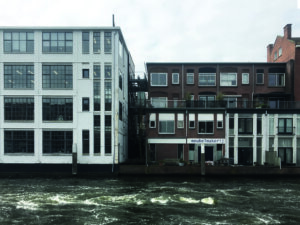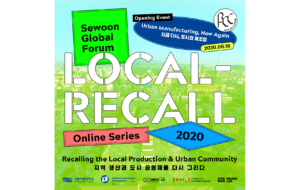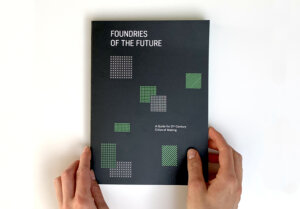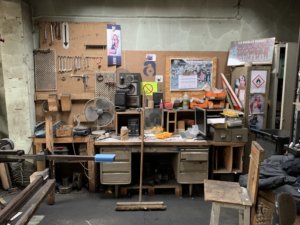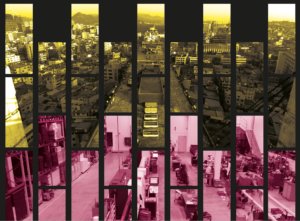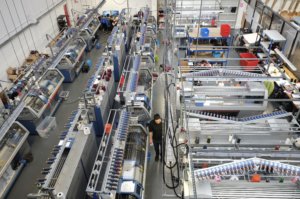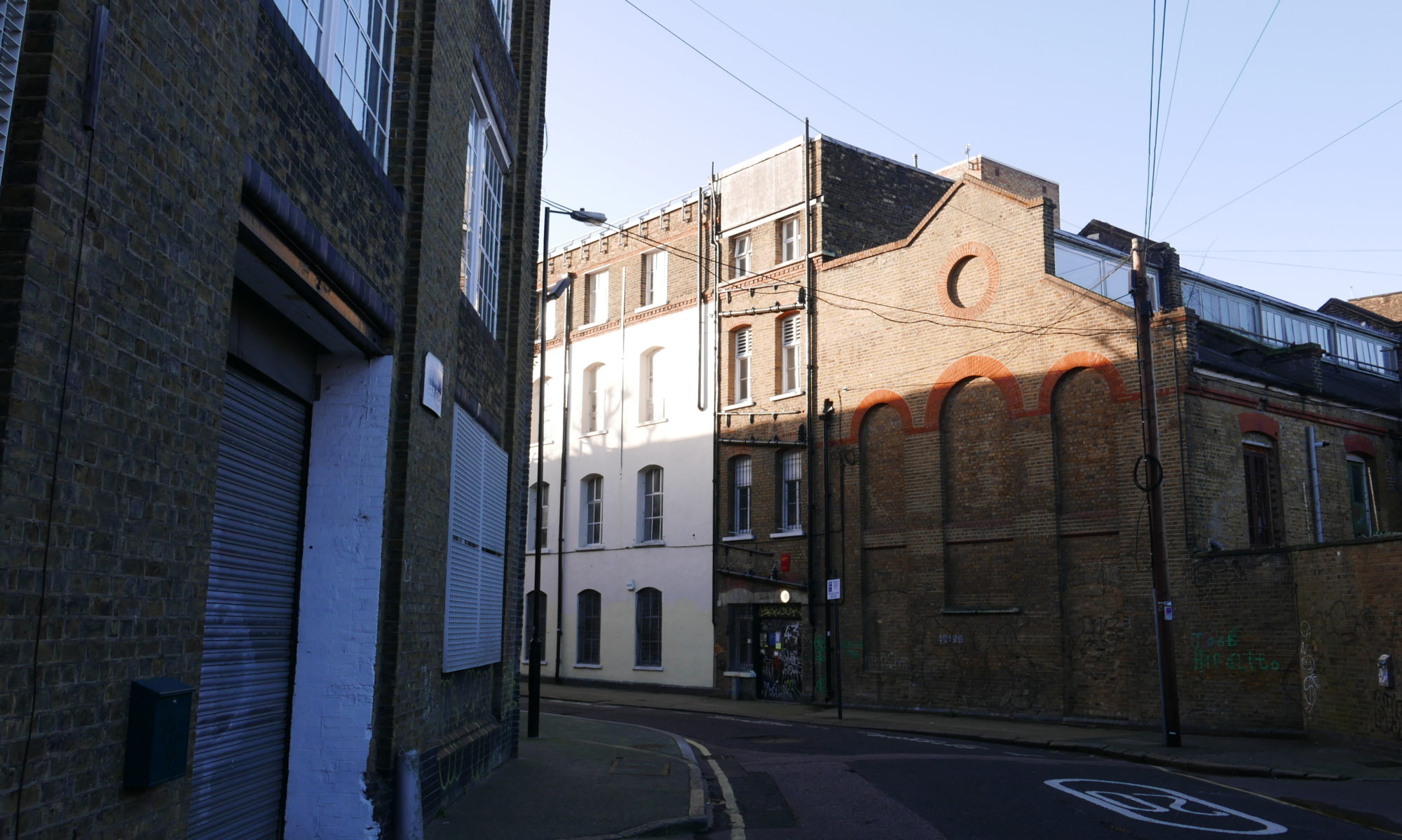
Off:Re:Onshore
The audio documentary “Off:Re:OnShore” explores the legacy of industrial offshoring, the effects of corporate actions on the built environment of labour, and the role of architecture in bringing closer ideas of work and the good life. This documentary was conceived and developed by Víctor Muñoz Sanz during his residence at the Canadian Centre for Architecture as 2015–2016 Emerging Curator.
This post was produced for and first appeared on the site of the Canadian Centre for Architecture.
In recent decades, economies of the Global South have been shaped by offshore production and labour-intensive industrialization, which often come with dangerous work conditions, inadequate wages, and sexual exploitation, notably in the garment industry. Today, working and living conditions in and around those factories continue to deteriorate under the pressure of increasing South-to-South competition, economic protectionism, relocalization or reshoring, automation, and the loose framing of corporate responsibility offshore. So, where do we go from here?
Víctor Muñoz Sanz engages this question through a series of interviews with eight leaders, activists, architects, and cultural producers. They discuss contemporary opportunities to build sustainable futures beyond offshore production, and the role of design and architecture in reasserting the value of human work.
Keller Easterling, writer, architect, and professor at the Yale School of Architecture, reflects on the role of the architect in promoting spatial literacy about the power of spatial arrangements and inter-dependencies.
Rosey Hurst, consultant in ethical global trade and founder of Impactt, discusses what happens to the fundamental needs and aspirations of workers in spaces built first and foremost for production.
Sarah Labowitz, business and human rights researcher and advocate, locates the role and limitations of consumer activism within global manufacturing and supply chains.
Rahul Mehrotra, architect and professor of urban planning and design at Harvard GSD, suggests a way forward through empathy in imagining better possibilities for social spaces.
Anne Elizabeth Moore, writer, researcher, and cultural critic, recounts her fieldwork in factories of Cambodia, where she discovered how the intractable links between sex work and offshore garment production affects the lives of women labourers.
Maitrayee Mukhopadhyay, social anthropologist and senior advisor at KIT, draws from the example of Batanagar, the factory town in India where she grew up, to discuss the inner workings of discrimination against female workers and the devaluation of their labour.
Raúl Cárdenas Osuna, architect and artist, discusses the Torolab Transborder Farm, a project he initiated in Tijuana, Mexico, to bring maquiladoras labourers tools to transform their communities through science and knowledge.
Wouter Vanstiphout, architectural historian at Crimson Architectural Historians and professor of Design as Politics at TU Delft, shares a vision for bringing together again the processes of design and manufacturing, to promote creative and life-affirming work.
